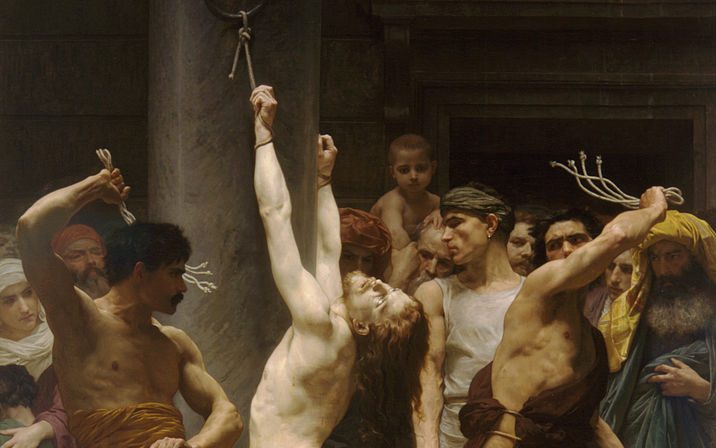The Catechism of Trent declared that, of all the sacred mysteries, salvation by means of the cross is “beyond all doubt … the most difficult.”
And it’s true. Christians have been bitterly divided — for almost 500 years — about the meaning of our redemption. Theologians argue the matter at the highest levels, and their arguments offer ordinary believers little more than headaches.
I have encountered one book that stands as an exception to that rule, and I’m pleased to announce that it is back in print.
I was a Presbyterian pastor when I first read Philippe de la Trinité’s “What Is Redemption?” As a Calvinist, I believed that God punished Jesus Christ for our sins — that in the Lord’s passion the Father saw not his divine Son, but rather our sins, and so he vented his wrath upon Jesus.
Jesus served as our penal substitute, receiving the retributive punishment of countless lifetimes of sin since the creation of Adam and Eve. Upon the cross, he was desolate, abandoned by the Father, suffering the fullness of the damnation that mankind had earned for itself.
I knew that this reading ran contrary to Catholic claims. But I knew it only because the Reformers had said so. I had not yet read a Catholic account of redemption. And I do not think I could have chosen a better, clearer, more concise exposition than I found in Father Philippe’s book. Nor could I have seen more stunningly the difference between classic Protestant and Catholic understandings of redemption.
As Father Philippe explains: “Although we can and must believe that divine justice is revealed on the cross in the crucified flesh of Christ … it is also urgent to state clearly that the Word in his sacred flesh could only be the victim of his own merciful love.”
For Catholics it was all about love. God so loved the world that he sent his only Son. His Son so loved the world that he freely gave his life for its salvation.
Reading Father Philippe, I began to raise questions about the doctrine of Luther and Calvin. Would a just God execute an innocent man for another man’s crimes? Could an omniscient God will himself to be blind to his own Son’s goodness and purity? I found clear answers in “What Is Redemption?”
I can’t tell you how happy I am that this book is now back in print.
Father Philippe demonstrates that Christ was not merely our substitute. He was our representative. Thus he did not exempt us from suffering, but rather endowed our suffering with divine power. Thus St. Paul could say: “Now I rejoice in my sufferings for your sake, and in my flesh I complete what is lacking in Christ’s afflictions for the sake of his body, that is, the church” (Colossians 1:24).
Christ’s sufferings are not punishments. They are a pure offering of love. Jesus suffered out of obedience to the Father and a love that extended to every human being, including his persecutors!
For Catholics, then, redemption is not just a decree, not a legal fiction, not a layer of snow to prettify a dunghill. It is a work of divine love that makes us a new creation.
That’s the doctrine of redemption that first converted the pagan world to Jesus Christ. It’s the doctrine that converted me to the Catholic faith.

